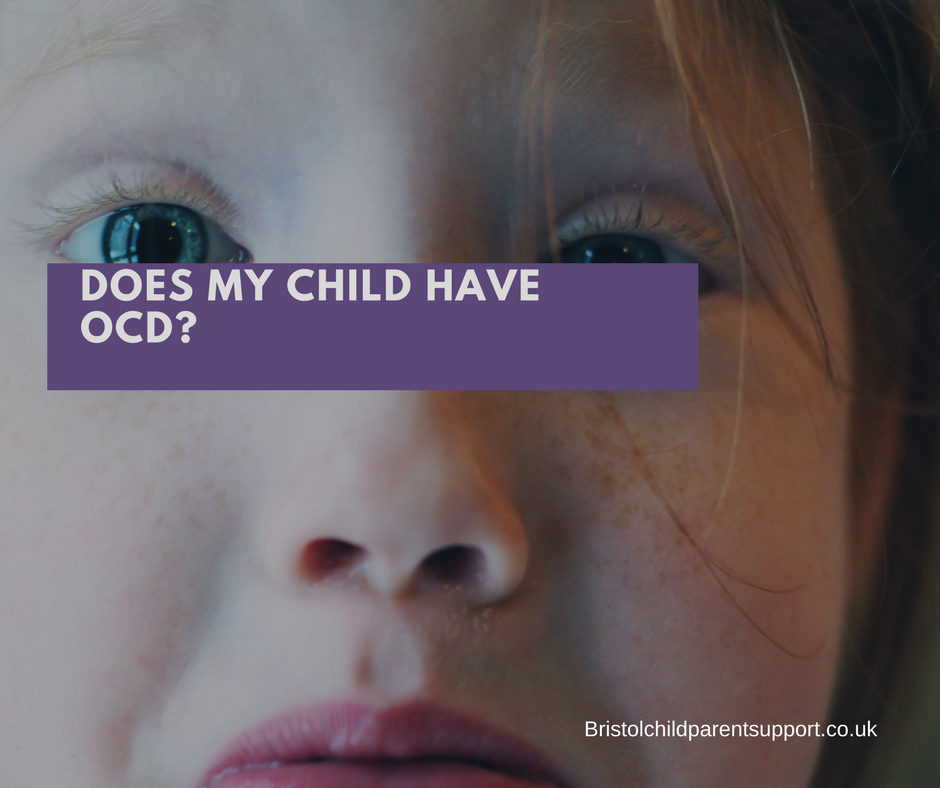OCD is a persuasive disorder, and I know many people joke they have OCD because they are very tidy or worry a lot. Many people worry, and some worry a lot. That does not necessarily mean you or your child have OCD. Obsessive-Compulsive Disorder is a severe anxiety-related condition where individuals suffer frequent obsessive and intrusive thoughts, often followed by uncontrollable urges and compulsions.
Here are some examples of obsessions:
- Worrying that they or other members of the family or friends are contaminated
- Worrying something terrible will happen to family members
- Feeling that you or others may become ill.
- Suffering from violent and sexual images
- Need everything neat.
Suffering from these thoughts can make your child feel unsafe, sad, and unhappy. Your child may then think they need to do certain things to help them feel safe, and these are called “compulsions”. We often call them safety behaviours.
Examples of OCD Compulsions:
- Washing your hands lots of times or in a certain way
- Counting or saying things in your head, often this can be a specific number; a child I worked with had to do everything in three’s
- Asking the same question repeatedly
- Avoiding specific numbers when counting
- Tidying your room lots of times, even though it already looks nice and tidy
- Checking lights switch lots of times
- Checking the door is locked
The compulsion often seems illogical, and the sufferer knows this, so it’s important to recognise this. Suffering from OCD does not mean your child is being naughty or cannot receive help.
How can OCD make you and your child feel?
Children feel out of control, and it’s often the boss of their lives. For parents, this can be hard, too, as the parent can become involved in the OCD. Remember, your child will only be diagnosed with OCD if they suffer from each symptom, thoughts, and compulsion.
Is it common?
The Royal College of Psychiatry reports that OCD can affect people of all ages, regardless of class, religion, or gender. It usually starts in childhood. It is thought that 1–2% of the population has OCD. This means at least 130 000 young people suffer from OCD.
What causes OCD?
We do not know the cause of OCD for sure. Research suggests it may be due to an imbalance in a brain chemical called ‘serotonin’. It may also run in families and people with tics (jerky movements) in the family. Sometimes, OCD can start after an illness. It can also occur after a difficult time in their life, like an accident.
When do I need to worry? Red flag!
Many children have mild obsessions that do not interfere with their everyday life or level of distress. Seek help if you respond yes to the following questions.
- Do the compulsions upset and distress your child?
- Do they interfere with the child’s everyday life (e.g. school, friends, etc.)?
- Have they been present for over six months?
If this is the case, seek help via your GP or contact me for a consultation.
Here is a list of great resources at the Royal College of Psychiatry and OCD Action too



